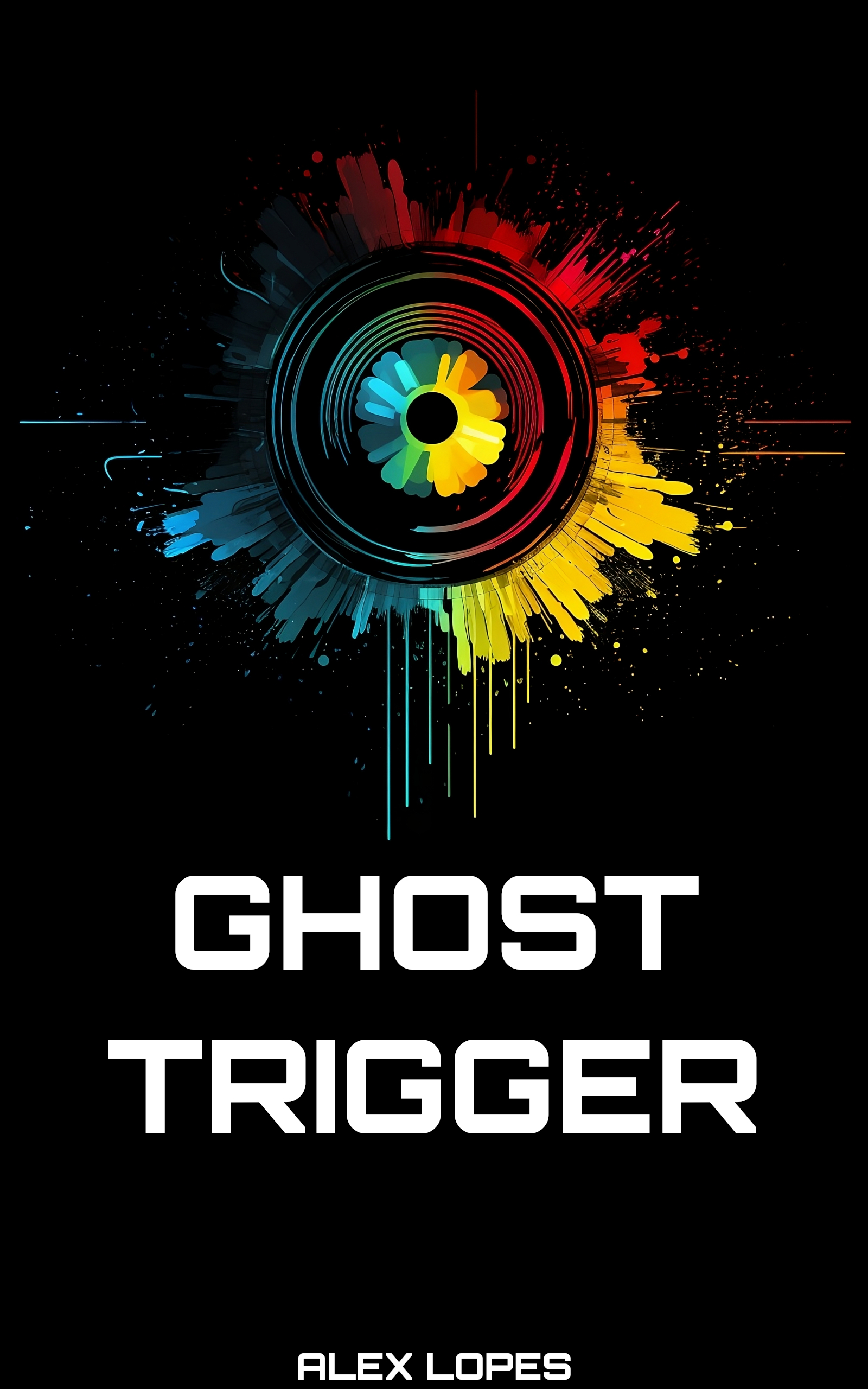That's because it is not tied to stremio, otherwise it would be illegal, you have to search for it :P
altz3r0
Easy there, tiger. You will get there, don't worry.
No one should ever know about the torrentio addon for Stremio!
I'm sad to say I fell for this trap as well! Wanted to keep using vim, but I'm too old to put so much effort in maintaining my tools, when I have a self-cleaning swissknife .. just... right.. there.
Kurt Vonnegut was one of the easiest writers to read for me. I'd recommend starting with Slaughterhouse-5.
My actual comfort reading, though, is William Gibson, but he is not easy to read.
By the way, registrations are open, and the open beta begins August 10th.
If you want to give me a cool in-game item, register up with the referral below. :)
https://accounts.palia.com/sign-up?referral=867fb01e-c3b1-41dc-8474-c420df8ba032
Oh I totally agree, I am very fatigued of violence driven games, and have high hopes for Palia. I'm just a little apprehensive that if they just try to copy the non combat parts of zelda and mix it up with animal crossing, it's not going to be enough.
Same here, though I do wonder how they will keep us interested, as they have deliberately not shown any combat. Not even stardew valley went as far as removing combat from the gameplay loop.
Thank you very much! Muito obrigado! :)
I started the writing in English primarily, translating to Portuguese during edit phase, aiming to keep the reading flow around the same level. However, the best experience will be reading it in English, in my opinion, as it has a better vocabulary for this genre.
Mas se preferir ler em português, ficaria muito feliz em saber sua opinião sobre a versão!
I started the writing in English primarily, translating to Portuguese during edit phase, aiming to keep the reading flow around the same level. However, the best experience will be reading it in English, in my opinion, as it has a better vocabulary for this genre.
EXAPUNK - 50% - 96% Positive
If you like old time puzzle games, and have a pinch for programming, then you will love this. In this game you control bots by creating algorithms to extract data and other challenges. The cool part is you must study the game language and learn the lore from manuals and magazines that the game provides.
SHENZHEN I/O - 50% - 93% Positive
From the same creator of EXAPUNK, only the thematic here is electronics.
Road 96 - 50% 91% Positive
Summer 1996, Today is the day! You hit the road. Adventure. Freedom. Escape. Run. Flee the Regime. Try to survive.
On this risky road trip to the border, you’ll meet incredible characters, and discover their intertwined stories and secrets in an ever-evolving adventure. But every mile opens up a choice to make. Your decisions will change your adventure, change the people you meet, maybe even change the world.


It all the depends on the how and the what.
First of all, if the virtual reality is able to replicate physical sensation indistinguishably from the physical world, it's not virtual, then, is it? Then it's just alternative reality. If that was the case, the only dilemma would be the implications to the physical world. Will your body still exist, or are we talking San Junipero here?
As long as there are implications to the real world, then I believe a significant percentage of people will not abandon it, because of empathy.
I personally would only live an alternative reality if there was no one I love back in the real world anymore, or if I were to die.
As for virtual reality in the realm of possibilities, there will always be something missing, as addictive as it may be, so there will always be something to bring you back to reality
As for just trying it, hell yeah! As long as there are no negative consequences physically that I know of before hand.